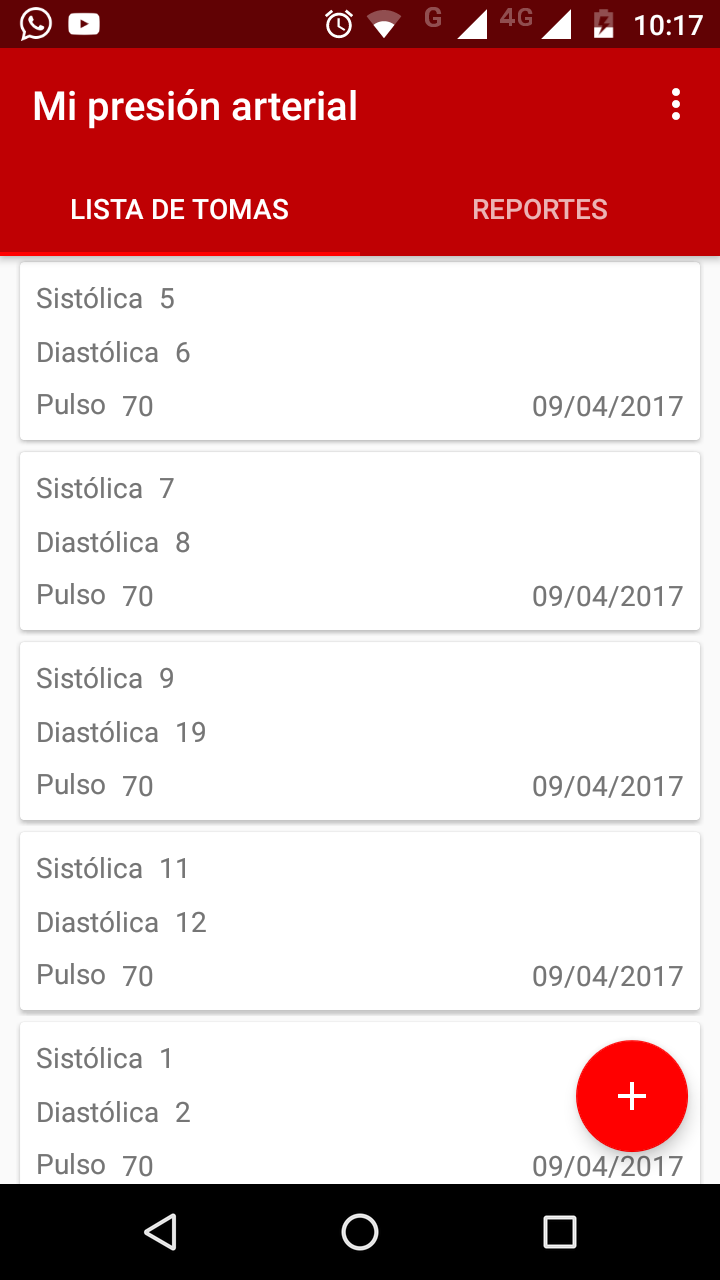Spring MVC 中的 @Named 注解
时间:2023-07-26问题描述
根据 Spring 3 文档,IoC容器,@Named注解是标准等价于@Component注解.
Per Spring 3 document, The IoC container, the @Named annotation is a standard equivalent to the @Component annotation.
由于@Repository、@Service、@Controller都是@Component,所以我尝试使用@Named 用于我的 Spring MVC 应用程序中的所有这些.它工作正常.但我发现 @Controller 的替换似乎有一个错误.在控制器类中,原来是
Since @Repository, @Service, and @Controller are all @Component, I tried to used @Named for all of them in my Spring MVC application. It works fine. But I found the replacement of @Controller seems to have a bug. In the controller class, originally, it was
@Controller
public class MyController{
...
}
它工作正常.当我将 @Controller 更改为 @Named
It works fine. When I changed @Controller to @Named
@Named
public class MyController{
...
}
失败并出现错误:
没有为带有 URI ... 的 HTTP 请求找到映射".
"No mapping found for HTTP request with URI ...".
但是如果我将 @RequestMapping 添加到类中,如下所示
But if I added @RequestMapping to the class as follow
@Named
@RequestMapping
public class MyController{
...
}
它会按预期工作.
对于 @Repository 和 @Service,我可以简单地用 @Named 替换它们,没有任何问题.但是 @Controller 的替换需要额外的工作.配置中有什么我遗漏的吗?
For @Repository and @Service, I can simply replace them with @Named with no issue. But the replacement of @Controller needs extra work. Is there anything I am missing in the configuration?
推荐答案
@Named 与 @Component 的作用相同.但是,注释 @Controller、@Service 和 @Repository 更具体.
@Named works the same as @Component. However, the annotations @Controller, @Service, and @Repository are more specific.
来自 Spring 文档:
From the Spring docs:
@Component 是任何 Spring 管理的组件的通用构造型.@Repository、@Service 和 @Controller 是@Component 用于更具体的用例,例如,在分别是持久层、服务层和表示层.
@Componentis a generic stereotype for any Spring-managed component.@Repository,@Service, and@Controllerare specializations of@Componentfor more specific use cases, for example, in the persistence, service, and presentation layers, respectively.
例如,这些原型注释是理想的目标切入点.@Repository、@Service 和@Controller 可能会在未来版本的春天框架.因此,如果您在使用 @Component 之间进行选择或 @Service 为您的服务层,@Service 显然更好选择.同样,如上所述,@Repository 已经被支持作为持久性中自动异常翻译的标记层.
For example, these stereotype annotations make ideal targets for
pointcuts. It is also possible that @Repository, @Service, and
@Controller may carry additional semantics in future releases of the
Spring Framework. Thus, if you are choosing between using @Component
or @Service for your service layer, @Service is clearly the better
choice. Similarly, as stated above, @Repository is already supported
as a marker for automatic exception translation in your persistence
layer.
本部分解释了与 @Named 的区别.
This section explains the difference with @Named.
许多组件,例如 Spring 的 DispatcherServlet(WebApplicationContext 中的 MVC 配置)不是在寻找 Component,而是在寻找 @控制器.所以当它扫描你的类时,它不会在 @Named 中找到它.以类似的方式,使用 @Transactional 的事务管理查找 @Service 和 @Repository,而不是更通用的 @Component.
Many components, like Spring's DispatcherServlet (MVC configuration in WebApplicationContext) aren't looking for Component, they are looking for @Controller. So when it scans your class, it won't find it in @Named. In a similar fashion, transaction management with @Transactional looks for @Service and @Repository, not for the more generic @Component.
这篇关于Spring MVC 中的 @Named 注解的文章就介绍到这了,希望我们推荐的答案对大家有所帮助,也希望大家多多支持html5模板网!
相关文章
 “Char 不能被取消引用"错误quot;Char cannot be dereferencedquot; error(“Char 不能被取消引用错误)
“Char 不能被取消引用"错误quot;Char cannot be dereferencedquot; error(“Char 不能被取消引用错误) Java Switch 语句 - 是“或"/“和"可能的?Java Switch Statement - Is quot;orquot;/quot;andquot; possible?(Java Switch 语句 - 是“或/“和可能的?)
Java Switch 语句 - 是“或"/“和"可能的?Java Switch Statement - Is quot;orquot;/quot;andquot; possible?(Java Switch 语句 - 是“或/“和可能的?) Java替换字符串特定位置的字符?Java Replace Character At Specific Position Of String?(Java替换字符串特定位置的字符?)
Java替换字符串特定位置的字符?Java Replace Character At Specific Position Of String?(Java替换字符串特定位置的字符?) 具有 int 和 char 操作数的三元表达式的类型是什么What is the type of a ternary expression with int and char operands?(具有 int 和 char 操作数的三元表达式的类型是什么?)
具有 int 和 char 操作数的三元表达式的类型是什么What is the type of a ternary expression with int and char operands?(具有 int 和 char 操作数的三元表达式的类型是什么?) 读取文本文件并存储出现的每个字符Read a text file and store every single character occurrence(读取文本文件并存储出现的每个字符)
读取文本文件并存储出现的每个字符Read a text file and store every single character occurrence(读取文本文件并存储出现的每个字符) 为什么我需要在 byte 和 short 上显式转换 char 原语Why do I need to explicitly cast char primitives on byte and short?(为什么我需要在 byte 和 short 上显式转换 char 原语?)
为什么我需要在 byte 和 short 上显式转换 char 原语Why do I need to explicitly cast char primitives on byte and short?(为什么我需要在 byte 和 short 上显式转换 char 原语?)
 如何使用 SimpleDateFormat.parse() 将 Calendar.toString()How can I Convert Calendar.toString() into date using SimpleDateFormat.parse()?(如何使用 SimpleDateFormat.parse() 将 Calendar.toString() 转换为日期?)
如何使用 SimpleDateFormat.parse() 将 Calendar.toString()How can I Convert Calendar.toString() into date using SimpleDateFormat.parse()?(如何使用 SimpleDateFormat.parse() 将 Calendar.toString() 转换为日期?)